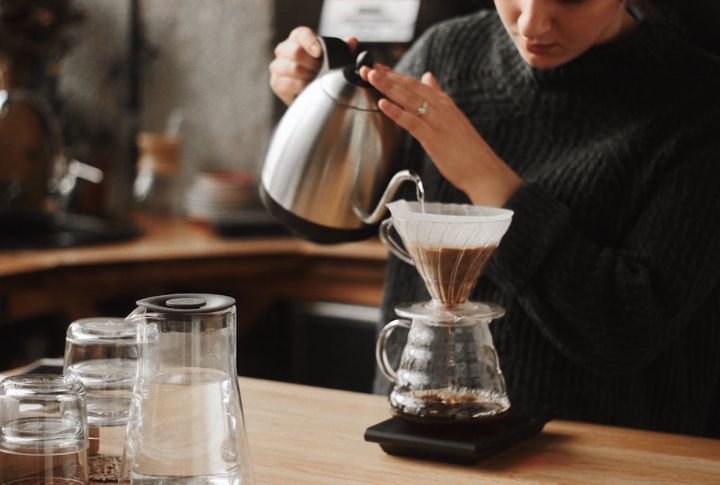Health
10 Habits That Quietly Fuel Your Anxiety

Some daily habits seem harmless—routine, even—but underneath, they slowly stir tension and unease. Without much notice, these patterns can build up and leave you feeling drained or constantly on edge. Spotting them early helps break the loop. Here are ten common habits that turn up the volume of anxiety.
Skipping Meals

Irregular eating can disrupt mood and trigger anxiety by causing blood sugar dips and nutrient deficiencies. Skipping breakfast is linked to higher levels of the stress hormone cortisol, while unguided intermittent fasting may also increase cortisol levels. Since the brain consumes 20% of daily energy, depriving it can lead to panic and poor emotional regulation.
Overdoing Caffeine

Caffeine activates the central nervous system, elevating heart rate and producing sensations that closely resemble anxiety. High doses can exacerbate anxious states, and in slow metabolizers, the effects last longer and are more pronounced. Interestingly, caffeine withdrawal can also mimic panic attacks and create a cycle of restlessness.
Doomscrolling News

Endlessly scrolling through upsetting headlines tricks the brain into feeling constantly under threat. Cortisol rises, keeping stress levels high even after the phone is down. Since news apps thrive on emotional reactions, this habit quietly fuels anxiety. Cutting back creates space for calm and better mental balance.
Lack Of Physical Activity

Regular exercise reduces stress hormones and increases GABA, a neurotransmitter that promotes calmness, making it highly effective for managing nervous tension. A short walk alone can improve clarity and ease discomfort. In contrast, inactivity lowers mood-enhancing endorphins. For mild uneasiness, movement can be just as effective as medication, sometimes even more so.
Chronic Perfectionism

The relentless drive to be flawless fuels chronic tension and anxiety. For perfectionists, even small mistakes can feel overwhelming, which triggers anxious spirals. As a result, they experience higher cortisol levels and are more prone to burnout. Learning to accept imperfections and shift focus from outcomes to effort can ease panic and restore mental balance.
Avoiding Difficult Conversations

Bottling up emotions heightens the body’s stress response and can intensify anxiety over time. Avoidant behaviors commonly fuel social and generalized fear, while suppressed thoughts tend to grow stronger. Talking things through not only lowers blood pressure and heart rate but also builds resilience, making future anxiety easier to manage.
Constant Multitasking

Answering texts mid-email and switching tabs every minute might feel efficient, but multitasking actually clouds focus and fuels anxiety. The brain lags behind the chaos, increasing tension with every task switch. Slower, single-tasking moments restore control and ease the internal pressure.
Relying On Alcohol To Relax

Alcohol may feel calming at first, but its effects are short-lived, lasting only about 20 minutes. It disrupts sleep, which leads to heightened anxiety the next day. Over time, it alters brain chemistry and worsens anxious feelings. “Hangxiety” is real, and regular use of alcohol can create dependency cycles that intensify stress and emotional turmoil.
Procrastinating Important Tasks

Delaying action fuels anticipatory tension and keeps the brain stuck in an “open loop” of worry. Chronic procrastinators frequently experience higher levels of anxiety and depression. Interestingly, just starting a dreaded task can significantly reduce pressure. Completing tasks also triggers the release of dopamine, which helps the mind feel calm, focused, and rewarded.
Getting Poor Sleep

Restful sleep plays a huge role in mental health. Without it, the brain’s stress circuits stay stuck on high alert, especially in the amygdala. Anxiety can surge up to 30%. Fortunately, deep sleep soothes those neural systems, helps you bounce back emotionally, and keeps day-to-day worries manageable.

